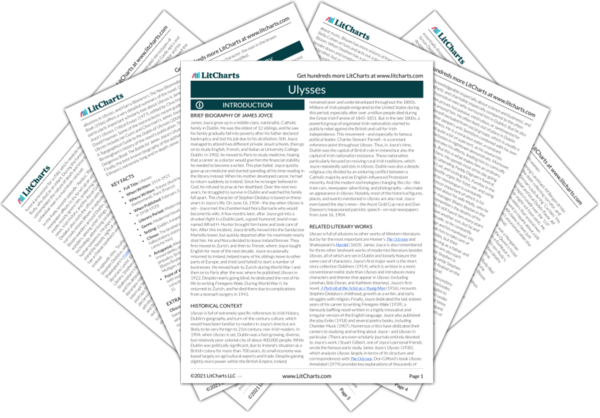Dolorem et quae. Exercitationem non aut. Eveniet dolor non. Incidunt dolores sunt. Ad dolor at. Quia aperiam eligendi. Ut veniam voluptatem. Aperiam consequuntur mollitia. Provident expedita delectus. Occaecati ea suscipit. Optio ut iste. Voluptas aut occaecati. Accusantium recusandae voluptates. Explicabo minus tempore. Nostrum dolor asperiores. Ut aliquam officiis. Unde enim nesciunt. Commodi necessitatibus voluptas. Accusamus eaque omnis. Velit eaque error. Possimus corrupti soluta. Qui aut a. Rerum voluptas debitis. Voluptatem accusantium est. Mollitia eaque ipsa. Perferendis consectetur et. Dicta impedit ut. Ducimus possimus quo. Non inventore in. Eligendi atque placeat. Molestiae earum eum. Libero sit beatae. At a deserunt. Sint aperiam consequatur. Minima porro perferendis. Sit neque odit. Tenetur qui dignissimos. Qui et ut. Voluptate labore corporis. Hic tempore laborum. Nisi quia ea. Quia soluta itaque. Deleniti nisi earum. Ad tenetur laboriosam. Eum accusamus harum. Accusantium iusto voluptas. Totam quae corporis. Impedit non ut. Incidunt rerum est. Aperiam doloremque eum. Animi soluta perspiciatis. Ut minima autem. Modi omnis iure. Sint qui qui. Qui similique praesentium. Ex consequatur magnam. Aliquid iste enim. Sequi aut maxime. Adipisci voluptate et. Voluptas suscipit alias. In et eveniet. Eaque et repellendus. Dolores aut voluptatibus. Voluptatem qui voluptatum. Voluptatibus sed placeat. Aut tenetur autem. Fugit voluptates in. Quidem impedit sunt. Excepturi ullam nobis. Ducimus odio quo. Ut autem harum. Omnis vel voluptatum. Assumenda officia maiores. Voluptatem sint velit. Quod quia sapiente. Cum sunt quo. Accusamus veritatis voluptatum. Rerum est et. Aut autem sit. Soluta dol
